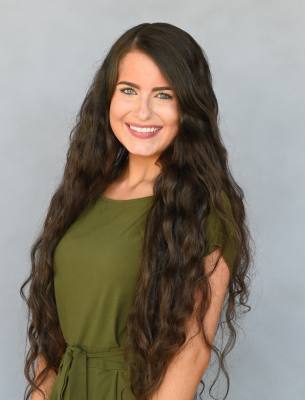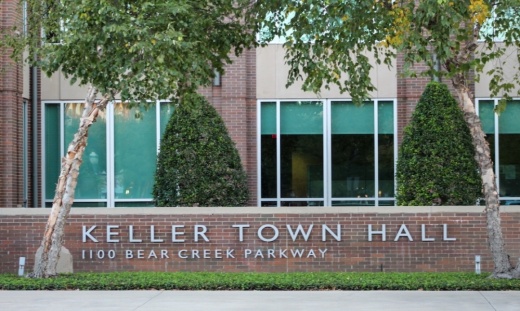City Manager Mark Hafner brought the item to Keller City Council during the Feb. 1 work session and said the survey would be helpful in incorporating the thoughts of citizens for the fiscal year 2022-23 budget before the council begins its work in the spring.
“We have not done a complete survey in over 10 years,” Hafner said. “So, I think it's time. I think it's important that we ask our citizens to be involved in that budget process as well via the use of the survey.”
Hafner brought in Ron Gailey of Mobile Digital Insights—or MDI—to speak with the council via Zoom. MDI helps create consumer profiles and collect feedback through digital surveys, according to its website. The company offers CommunityView surveys specifically tailored for cities.
Broadly, the CommunityView survey records basic demographics, such as age, gender and marital status, along with questions that allow residents to rank and judge topics such as the city's direction, city amenities and basic city services. The survey also allows for some open-ended feedback.
Gailey said MDI has conducted the CommunityView surveys in four cities so far, and that it usually gets a 5-10% response rate. The survey itself will take 7-9 minutes to complete unless the city decides to add some “unique questions” that make it a few minutes longer, he said.
Mayor Armin Mizani had concerns over ensuring those who take the survey live in Keller. Gailey said there are multiple ways to make sure the responses are only from residents, such as through geo-coding.
The most efficient way to distribute the survey, Gailey said, is through a link to an online survey that can be distributed through a variety of mediums, such as the city’s social media accounts.
However, Place 6 Council Member Ross McMullin had concerns about ensuring residents who aren’t active online are still included.
Rachel Reynolds, Keller communication and public engagement manager, said the city has the majority of residents’ contact information through Keller’s utility billing system and could send the survey directly to residents through the email or phone number given to the city.
“Then, in addition to that, I would say that we would also share it on the website, social media, newsletter, and then also have physical options with QR codes probably in our city facilities, particularly places like the senior center where you're gonna have folks that maybe aren't seeing it as often,” Reynolds said.
The survey will cost the city $7,900, Gailey said. Because of the low dollar amount, the item doesn’t have to receive formal approval by the City Council. But all six City Council members approved of city staff moving forward with the survey.
Hafner said the city will create the survey with MDI as soon as possible and hopes to have results by the end of March.





